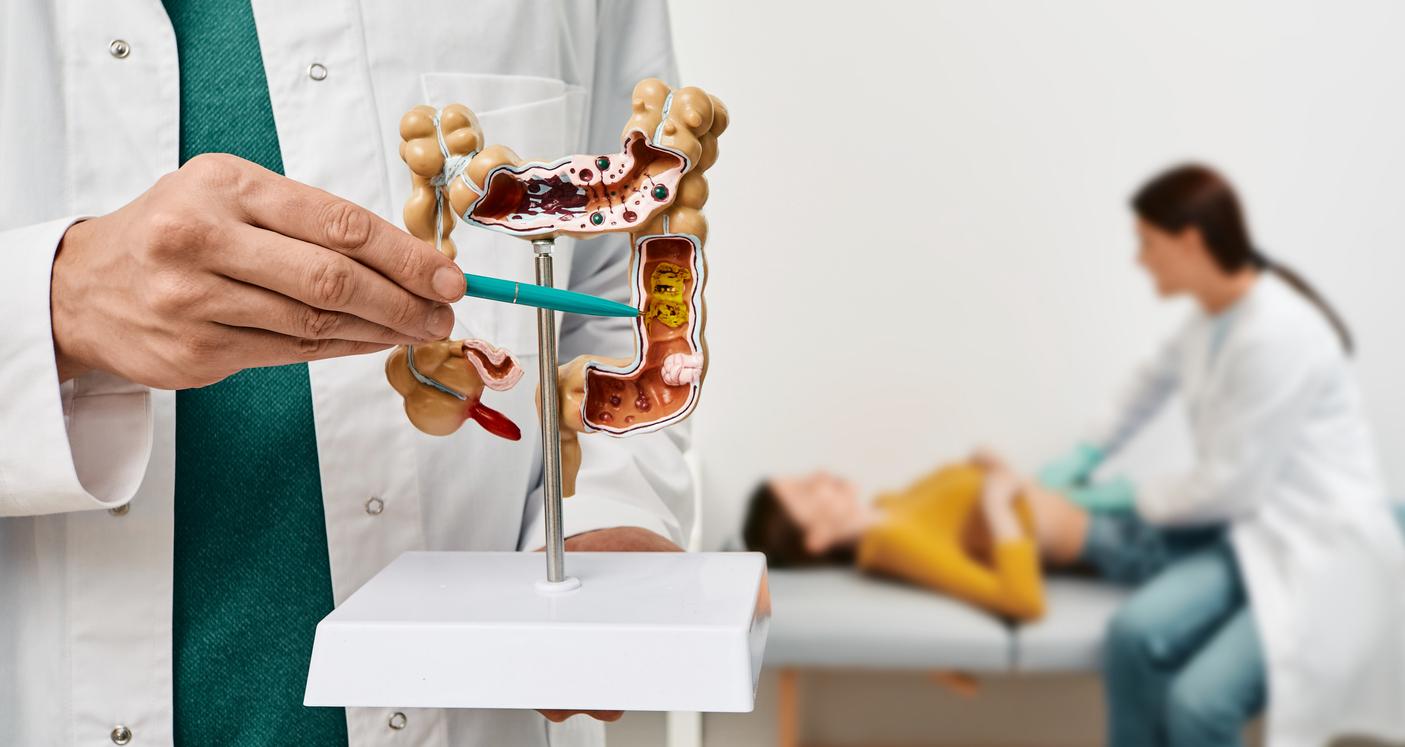When a person sees or smells food, even before ingesting it, specific neurons activate the mitochondria in their liver cells so that their liver prepares.

- Just by the smell and sight of food, “our body prepares for food intake by producing saliva and digestive acid.”
- Mitochondria in liver cells activate when we smell or see food.
- They are stimulated by nerve cells called “POMC neurons”.
Being hungry and smelling or seeing food increase appetite. Internally, the body also prepares for food intake. Indeed, researchers from theMax Planck Institute show, in a study published in the journal Sciencethe impact of these senses on the liver.
POMC neurons activate liver cell mitochondria
To do this, scientists carried out experiments on hungry mice who could only see and smell the food without eating it. A few minutes after exposing the food, they analyzed the mitochondria – organelles essential for cell function – of their hepatic, i.e. liver, cells.
Results: just by the smell and sight of food, the mitochondria of liver cells activate the processes normally stimulated by food intake. But why such a phenomenon? Mitochondria in liver cells are stimulated by POMC neurons, which are present in the brain and which activate when we smell or see food.
These POMC neurons signal to the mitochondria of its liver cells that the liver must prepare for the nutrients that will be ingested. In the laboratory, researchers also showed that activating POMC neurons, even if there is no food, activates mitochondria in liver cells.
Production of saliva and digestive acid a few minutes after detecting food
“When our senses detect food, our body prepares for food intake by producing saliva and digestive acid, explains Sinika Henschke, author of this study, in a communicated. Thanks to previous studies, we already knew that the liver prepares for food intake. We have now taken a closer look at the mitochondria of liver cells, as they are essential cellular organelles for metabolism and energy production, and observed the speed at which this adaptation occurs.“This phenomenon occurs in just a few minutes.
Liver sensitivity to insulin impacted
The scientists also observed that this link between the senses and the activation of mitochondria in liver cells was linked to phosphorylation, a biochemical reaction that helps control what happens inside cells. For researchers, this phosphorylation affects the liver’s sensitivity to insulin.
“Our study shows how sensory perception of food, adaptive processes in mitochondria and insulin sensitivity are linked, says Jens Brüning, head of the study. Understanding these mechanisms is also important because insulin sensitivity is impaired in type 2 diabetes mellitus.”
Ultimately, this discovery could therefore allow the development of treatments against type 2 diabetes, which affects 90% of diabetic patients according toNational Institute of Health and Medical Research (Inserm).















